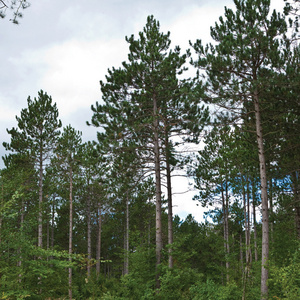NNFCC briefing stresses bioenergy can deliver meaningful benefits




December 14, 2012
BY Erin Voegele
Advertisement
Advertisement
Related Stories
The U.S. Department of Energy is offering up to $17.5 million in federal funding to develop cost-effective strategies for communities to sustainably manage and recover potential clean energy sources from their waste streams.
The U.S. Department of Energy 2023 Billion-Ton Report: An Assessment of U.S. Renewable Carbon Resources identifies sustainable forestry as a key pillar in the effort to increase the nation’s biomass production.
Valero Energy Corp. on April 25 announced that its SAF project in Texas is progressing ahead of schedule and expected to be operational this year. The company also reported its ethanol and renewable diesel operations were profitable during Q1.
Drax Group plc on April 25 released a first quarter 2024 trading update, reporting that the company’s wood pellet production business has started the year well despite challenges. Drax Power Station also performed well during the quarter.
The American Transportation Research Institute on April 23 released a new report that analyzes the benefits of employing renewable diesel (RD) as an alternative to battery electric vehicle (BEV) trucks.





